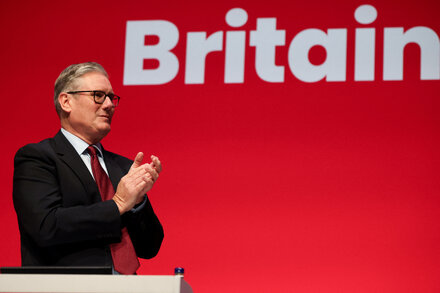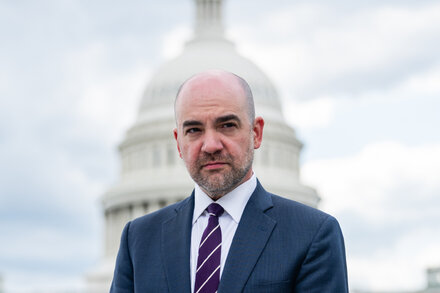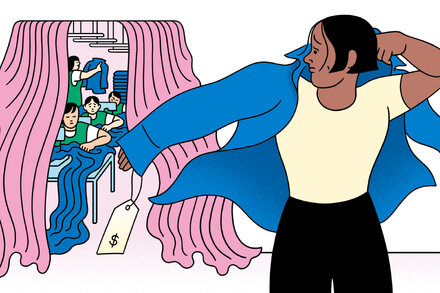Actor and creative entrepreneur Joseph Gordon-Levitt has expressed significant concerns regarding Meta’s artificial intelligence chatbot, specifically highlighting its potential dangers for young users. In an opinion piece published by The New York Times, Gordon-Levitt articulated his view that the technology poses risks to children.
Gordon-Levitt, known for his work in film and as the founder of the collaborative media platform HitRecord, emphasized the need for caution when young audiences interact with advanced AI systems. While specific details of his concerns were presented in the video opinion, the overall thrust pointed to potential negative impacts on children’s development and well-being through prolonged or unsupervised engagement with such chatbots.
His remarks contribute to a growing public debate among parents, educators, and technology experts about the appropriate integration of AI into the lives of minors. Common concerns often cited in this discussion include the risk of exposure to misinformation or inappropriate content, the potential for privacy breaches, the impact on critical thinking skills, and the development of healthy social interactions.
The Broader Landscape of AI and Youth Safety
The conversation around AI’s influence on children is multifaceted, touching upon areas such as mental health, data security, and the development of digital literacy. As AI technology continues to evolve rapidly, there is increasing pressure on tech companies to implement robust safeguards, ensure transparency in their algorithms, and design age-appropriate interfaces.
Regulatory bodies globally are also beginning to examine the implications of AI for children, exploring potential frameworks and guidelines to protect younger users from harm. Experts often advocate for a balanced approach that harnesses the educational and creative potential of AI while mitigating its risks through responsible development and thoughtful implementation.
Joseph Gordon-Levitt’s vocal stance underscores the urgent need for ongoing dialogue and vigilance as AI tools become more prevalent. His statement serves as a reminder for both technology developers and guardians to prioritize the safety and healthy development of children in the digital age.
Source: Read the original article here.





